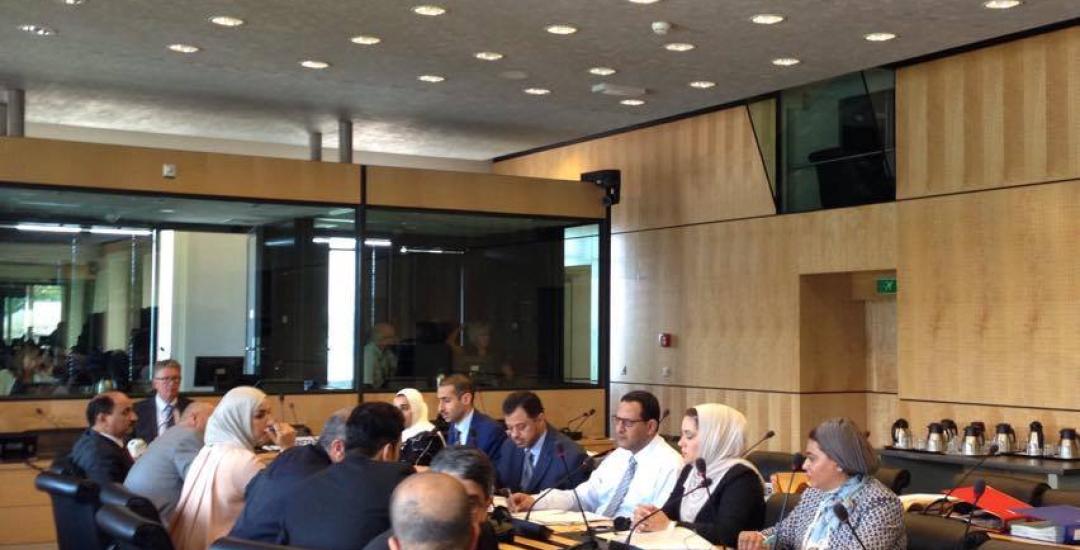
On 23 June 2017, Alkarama submitted its follow-up report to the UN Committee against Torture (CAT) on the implementation of the priority recommendations made to the State of Kuwait following its third periodic report. Among all recommendations made, the Committee chooses two to four, which it deems the most pressing and requests the State party to provide follow-up information about their implementation within a year of their issuance. With regards to the recommendations to which it had information, Alkarama found that no steps had been taken to implement them.
One of the CAT’s priority recommendations pertained to the independence of complaint mechanisms in places of detention. In its follow-up report, the State party elaborated on the possibility for international organisations as well as local entities to have unrestricted access to places of detention during organised visits. However, the organised nature of such visits compromises their efficiency. Indeed, it is the very fact that visits could be conducted unannounced that allows for monitoring bodies to assess the reality of detention conditions. The State further referred to the unannounced visits conducted by the General Department of Monitoring and Inspection, an entity that has been criticised by Alkarama for its links to the Ministry of Interior which hinders its ability to act independently. Alkarama further noted that one of the General Department’s functions was to maintain the reputation of the police, which clearly impedes its ability to criticise it for human rights violations.
With regards to the recommendation requesting Kuwait to put an end to the execution of the death penalty, the state responded that the death penalty was allowed for by Sharia and could therefore not be repealed from its national legal system. After having respected a de facto moratorium on death penalties for four years, Kuwait has since January 2017, executed seven individuals, which points to a concerning resurgence of this practice in the country.
Alongside the implementation of the priority recommendations, Alkarama hopes to see the prompt implementation of all other recommendations emitted by the Committee, such as the effective investigation and prosecution of perpetrators of torture as well as the enforcement, in practice, of the legal safeguards afforded to the detainees from the onset of their arrest.
For more information or an interview, please contact media@alkarama.org (Dir: +41 22 734 1008).
